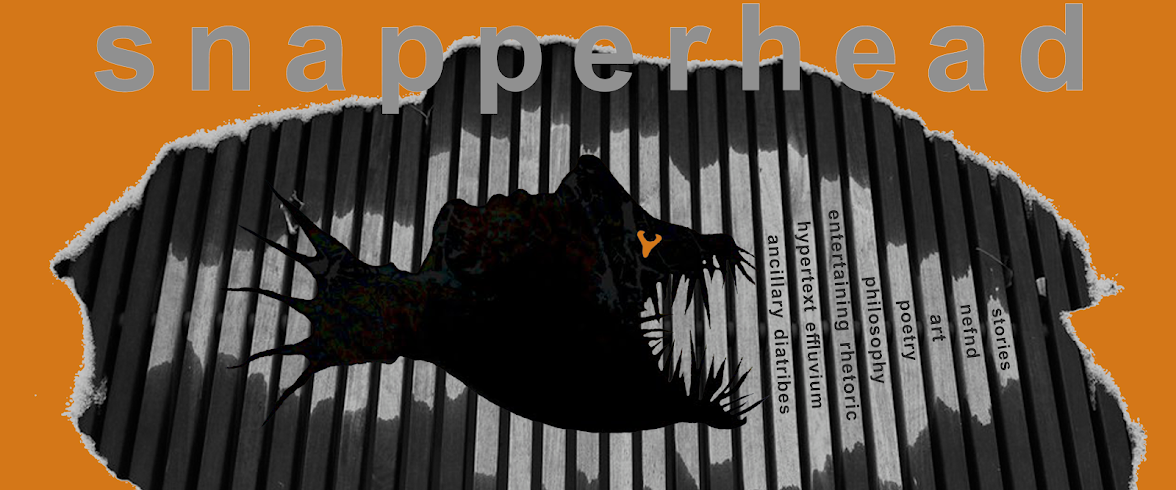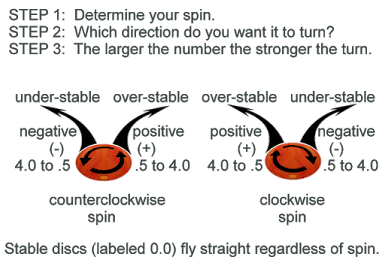
An amalgam of (as well as on) perfection—this philosophical compendium of prose, poetry, recipes for thinking, viewing, and living (as well as eating) captured my intellect and gorged it for about six-hundred pages (which would, obviously, be more-wonderful if it encompassed the entire 678 page book). The fact that the author lost me in a few places doesn't shine a shadow on the enormity of how De La Pava cleverly informs the reader through this fiction. Fiction? This is the truest creative non-fiction I've ever read!
If Jonathan Carroll and Gene Wolf decided to use
The Amazing Adventures of Kavalier and Clay (
TAAoCaC) as a template to write a story about how wonderful, crazy, terrible, and perfect any and every individual's life can be...and is...it would maybe be half as good as
A Naked Singularity.
In order to fully enjoy this book (just as an interest in comic books helps one's appreciation of
TAAoCaC, which won 2008's Pulitzer) readers should enjoy: a good heist; should be intrigued by—and already more than a little knowledgeable of—philosophy, theology, and science; and should be cozy with how a procedural is written (legal as well as police) . . . think: Dashiell Hammett meets Descartes on their way down the rabbit hole.
I've only had this book on my 'read someday' list for about four years. It came out in 2008. I began to see it on must-read lists sometime in 09 or 10. And I didn't just postpone reading because of its size, but - mostly - because it was, initially, self-published.
I believed (and still believe) that editors and publishers perform a valuable gatekeeper-type service. They insure my money is exchanged for polished-to-perfection sentences, grammar, punctuation, and spelling, as well as a great story, deep character development, and thrilling plot exposition. The Chicago Press may not have edited
A Naked Singularity as much as they could have (or at all) but once I got past the first dozen pages, I fell into the authors voice and didn't mind the run-on sentences or the occasional failed grammar.
This is a five-star book.
Even with all its miniscule flaws, it's a head and torso better than the book that won last year's (2012) Nebula and Hugo Award, and at least half-a-head better than 2008's Pulitzer (which I couldn't finish because it bored me beyond measure).










































